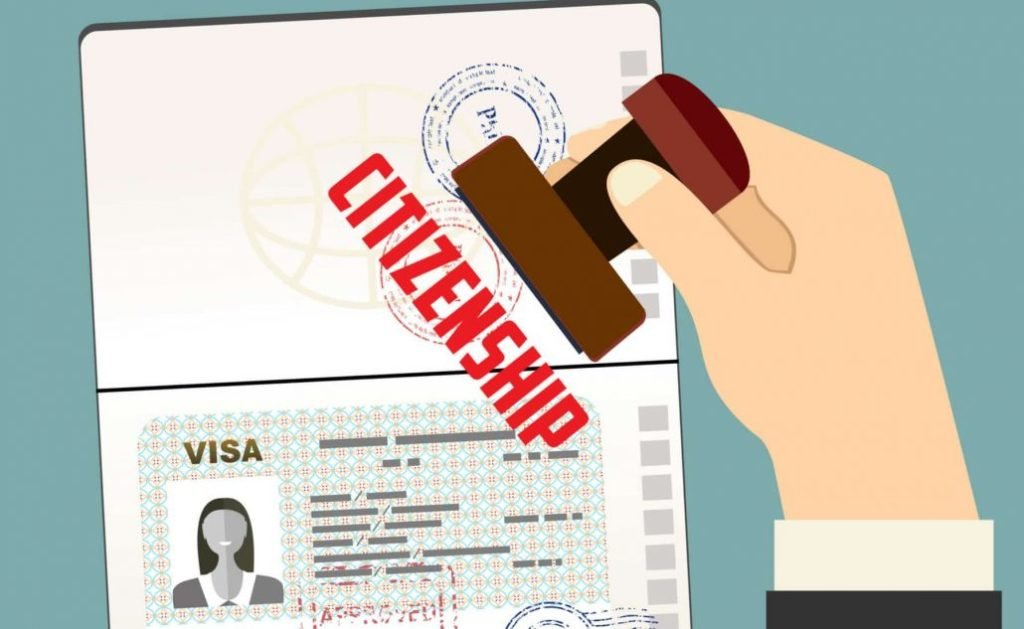Welcome to class!
In today’s class, we will be talking about citizenship. Enjoy the class!
Citizenship

What is citizenship?
Citizenship can be defined as the right and responsibility of a person, state and country. Citizen is the status of a person recognized under the custom or law as being a legal member of a sovereign state or belonging to a nation. The idea of citizenship has been defined as the capacity of individuals to defend their rights in front of governmental authority. A person may have multiple citizenships.
Citizenship is the status of being a citizen. If you have citizenship in a country, you have the right to live there, work, vote, and pay taxes! Citizenship comes from the Latin word for a city because, in the earlier days of human governments, people identified themselves as belonging to cities more than countries.
Who is a citizen?
A citizen is a legal member of a state with all full constitutional rights in the country in which he or she resides. The opposite of a citizen is an alien or a foreigner, which is someone who is a visitor where he or she lives or resides. Such a person only lives in that country with a visa or other permit.
Types of citizenship
We have three types of citizenship, which will be listed and explained below;
Citizenship by:
- birth
- registration.
- naturalization.
1. By birth:
This means such a person is born in a country of his/her parent. You are only a citizen only if you were born or when at least one of your parent has a visa that allows them to reside in the country.
2. By marriage or registration:
A member of another country married legally to another person automatically become a citizen of that country.
3. By naturalization:
This happens by making a formal application to the president of that country. Naturalization is another common route to acquiring citizenship. This usually applies to those who have entered the country legally, through political asylum or have lawfully lived there for a specific period. For those becoming new citizens, it is customary to take a test demonstrating understanding of the nation’s laws, culture, tradition and language.
In some nations, it has required for a new citizen to renounce their old citizenship which is the case in Indonesia where individuals must give up one citizenship by the age of 18. Marriage can also be an avenue to citizenship. For those married to a citizen of a nation, a fast track process for naturalization may occur where relevant.
In our next class, we will be talking more about Citizenship. We hope you enjoyed the class.
Should you have any further question, feel free to ask in the comment section below and trust us to respond as soon as possible.

How can I move to the topic
Love every note it’s been helpful to me in my lesson note
Please move to the next topic it was helpful
a very interesting web page